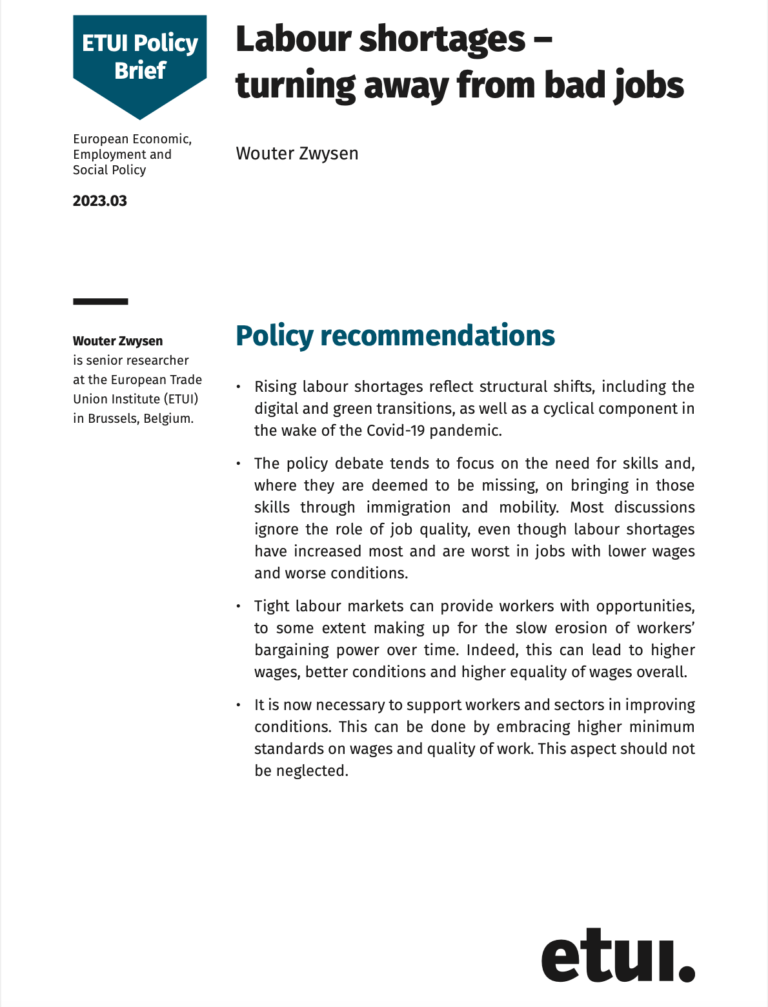Creating Consequences: Canada’s Moment to Act on Slavery in Global Supply chains
PublicationsIn this report we examine just the tip of this iceberg, reviewing some of the most visible signs of Canadian business ties to forced labour abroad. Companies are importing into Canada large quantities of goods from industries in which forced labour ...Read More

